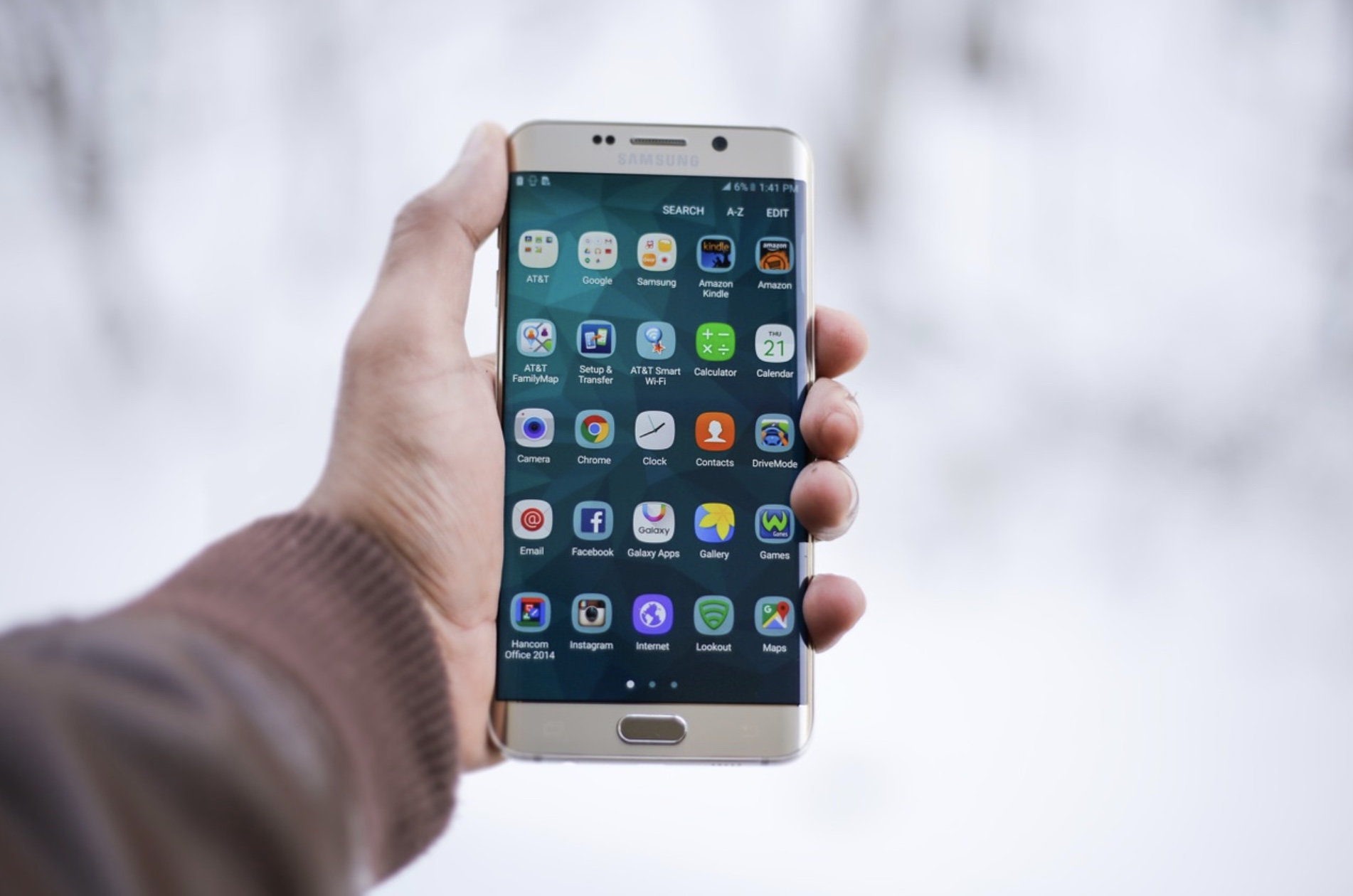
The modern world is rapidly evolving, bringing significant changes in healthcare and how medical services are delivered. With more and more people using technology to stay connected, access information, and receive care when needed, mobile phones have become an invaluable tool for doctors as they can provide telemedicine services from remote locations. With so much focus on mobile technology in healthcare settings, let’s look at its advantages and potential drawbacks in managing patient health outcomes.
Overview Healthcare and Telemedicine
Mobile phones have revolutionized various aspects of our lives, and healthcare is no exception. Gone are the days when medical practitioners had to rely on traditional modes of communication, such as phone calls or faxes, to connect with patients and colleagues. With the help of mobile phones, healthcare providers can use telemedicine to offer remote healthcare services to patients. This has proven to be a game-changer, especially for people living in rural or remote areas, as it increases their access to medical care. Additionally, mobile technology has facilitated the development of health apps that offer various health-related services, including tracking fitness levels, monitoring chronic illnesses, and connecting patients with medical professionals for virtual consultations. All these advancements are making healthcare services more accessible and efficient, ensuring that patients receive the care they need when they need it.
Benefits of Telemedicine for Patients
Telemedicine has revolutionized the healthcare industry by bringing medical services to the comfort of patients’ homes. By using telecommunication technologies, patients can consult with their healthcare experts and receive medical advice and treatment from home, saving them time and money. Telemedicine can be especially beneficial for patients who live in remote areas, have mobility issues, or cannot leave their homes due to disability or illness. Additionally, telemedicine manages chronic conditions such as diabetes and hypertension effectively. Patients can monitor their symptoms and receive timely interventions, improving outcomes and quality of life. Telemedicine offers patients a convenient and accessible way to receive medical care, making healthcare more efficient and patient-centered.
Challenges Involved with Using Mobile Phones in Healthcare
The use of mobile phones in healthcare has rapidly increased over the past few years. However, some significant challenges come with it. Maintaining patient confidentiality is a prime concern, as sensitive information may fall into the wrong hands. Additionally, there may be issues with connectivity and network reliability, particularly in remote areas. However, you can check out mobile e-commerce sites for phones that provide the latest technology that offers strong connectivity to solve this issue. Thus, healthcare providers must ensure that they have secure and reliable network connections and that proper precautions safeguard patient data. Despite these challenges, mobile phones facilitate better and more efficient patient care, enabling healthcare providers to respond more quickly to patient needs. With proper planning and implementation of security measures, mobile phones can significantly improve healthcare outcomes. Not only is the use of cell phones in healthcare positive for patients but also for healthcare providers such as nurses and doctors. They can now use their phones to easily find locum tenens work or other psts without having to go through a hassle.
Mobile Apps Enhancing Patient Care
As technology evolves, it’s no surprise that mobile apps significantly impact healthcare. Mobile apps enhance patient care and overall health outcomes by providing essential resources and tools for healthcare providers and patients. For example, apps that help manage chronic conditions like diabetes or heart disease can track symptoms and medication schedules, allowing doctors to monitor progress and make necessary adjustments. Remote monitoring apps can also help caregivers closely monitor their patients, facilitating early intervention in critical situations. In many cases, mobile apps are helping to increase patient engagement and empowerment, leading to improved compliance and health outcomes. The possibilities for mobile apps in healthcare are endless, and we can expect to see many more advances in the years to come.
Security Considerations for Sensitive Patient Data
In today’s digital age, protecting sensitive patient data is becoming increasingly important. From electronic medical records to mobile health apps, there are numerous ways that this information can be accessed and shared. Therefore, healthcare organizations must take security considerations seriously. You can take various steps to ensure patient data remains safe and secure through encryption, data backup, or staff training. While risks are always involved, implementing strong security measures will protect patient privacy and promote trust in the healthcare industry.
The Future of Mobile Technology and Healthcare
As we look towards the future, it’s evident that mobile technology advancements will significantly impact healthcare. From wearable devices that can track our vitals to apps that connect patients with medical professionals, these innovations will make healthcare more accessible, affordable, and efficient than ever before. With this new technology, patients can take ownership of their health and wellness, ultimately leading to better outcomes. Additionally, mobile technology will help address healthcare disparities by providing care to underserved communities. As we continue embracing the synergy between mobile technology and healthcare, we expect a brighter future for all.
Conclusion
The potential of mobile phones in healthcare and telemedicine is vast, and the possibilities are growing daily. Mobile phones have empowered patients to manage their health through health-oriented smartphone apps, giving them more access to healthcare than ever before. As systems become more integrated into healthcare and applications improve due to technological advances, mobile phones will continue to be an efficient way for providers to connect with patients anywhere across the globe. However, it would help if you also addressed security concerns as telemedicine becomes increasingly popular. With sophisticated data encryption protocols and secure networks, data can safely be exchanged without worry of breach or misuse. As technology evolves rapidly, mobile technology and telehealth offerings should become more efficient, accessible, and secure for providers, physicians, and, most importantly- patients.
Interesting Related Article: “Will mobile phones only be used for gaming in the future?“

